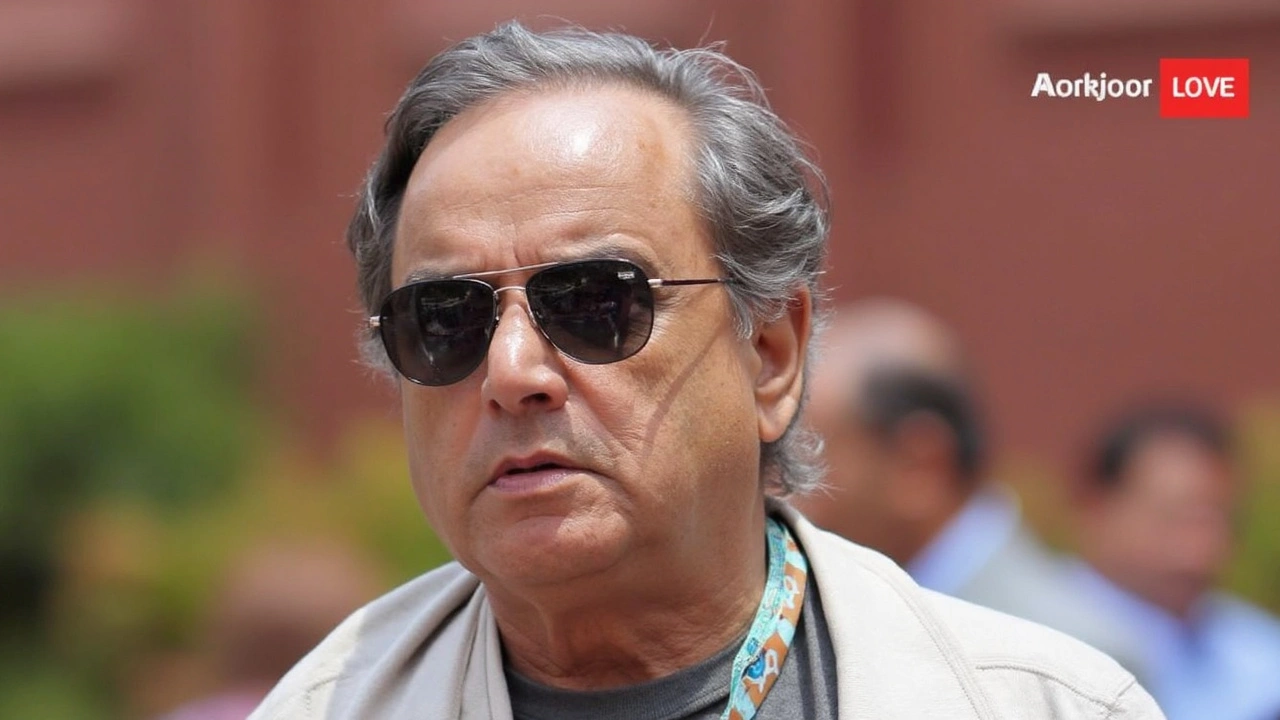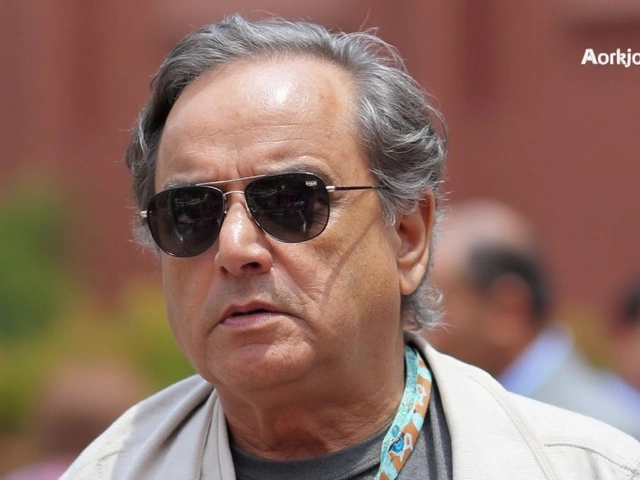Shashi Tharoor Backs Indian Intelligence After Pahalgam Attack, Cites Israel's Failure on October 7

Tharoor Draws Firm Line Between Prevention and Blame in Terror Attacks
After the deadly Pahalgam terror attack claimed the lives of 26 civilians in Jammu and Kashmir, politicians and citizens alike have questioned how such a tragedy could unfold without warning. Stepping into the heated debate, Shashi Tharoor defended India's intelligence agencies, urging critics to take a broader and more realistic view of security lapses.
Tharoor, a senior Congress leader with a reputation for frank commentary, pointed directly to Israel’s experience on October 7, 2023. Despite boasting what many consider the world's most sophisticated intelligence apparatus, Israel was blindsided by a coordinated Hamas attack last year. Tharoor used this high-profile incident to underscore his argument: there is no such thing as completely infallible intelligence. If Israel can miss signals, so can any other nation—no matter how many resources they pour into surveillance or analysis.
He reminded audiences that every intelligence agency, however advanced, faces limitations. Missed threats make headlines. Successful disruptions—the plots quietly foiled before they reach the public—almost never do. "Prevention doesn’t make news," Tharoor said, hinting at the countless attacks that never make it past the planning stage thanks to behind-the-scenes work by agencies that rarely seek the spotlight.
This incident also sparked calls for heads to roll among the Indian intelligence leadership, but Tharoor pushed back, arguing that demanding accountability in the middle of an active crisis distracts from the urgent task at hand—getting the situation under control and preventing further loss. Drawing from Israel’s post-October 7 approach, he suggested that systematic reviews come later, not amid chaos. "First, contain the emergency. Then, talk about who should answer questions," he insisted.
Precision Strikes Over Escalation: Tharoor’s Balanced Stance
Tharoor, while clear-eyed about agency limitations, didn’t go soft on counter-terror operations. He has previously called for calculated, precise strikes against terror infrastructure, cheering on India's measured military actions in Pakistan and Pakistan-occupied Kashmir after the Pahalgam atrocity. For him, swift retaliation must be balanced against the risk of tipping the region into a broader conflict. He warned against responding emotionally or dramatically, instead pushing for "calibrated" action that undercuts terror networks without putting more civilian lives at risk or inviting major escalation.
If you think this is just political posturing, consider recent history. Quick, sweeping actions to satisfy public anger often lead to unintended consequences. Tharoor stands almost alone in pushing for a blend of firmness and strategic patience—take out the threats, but don’t let fury dictate the next move. It’s a message that’s likely to rankle critics but speaks to lessons learned by any country ravaged by sudden, shocking violence.
With the spotlight now on how India anticipates and responds to terrorist threats, voices like Tharoor’s keep the conversation grounded in global realities, not just knee-jerk local reactions.
